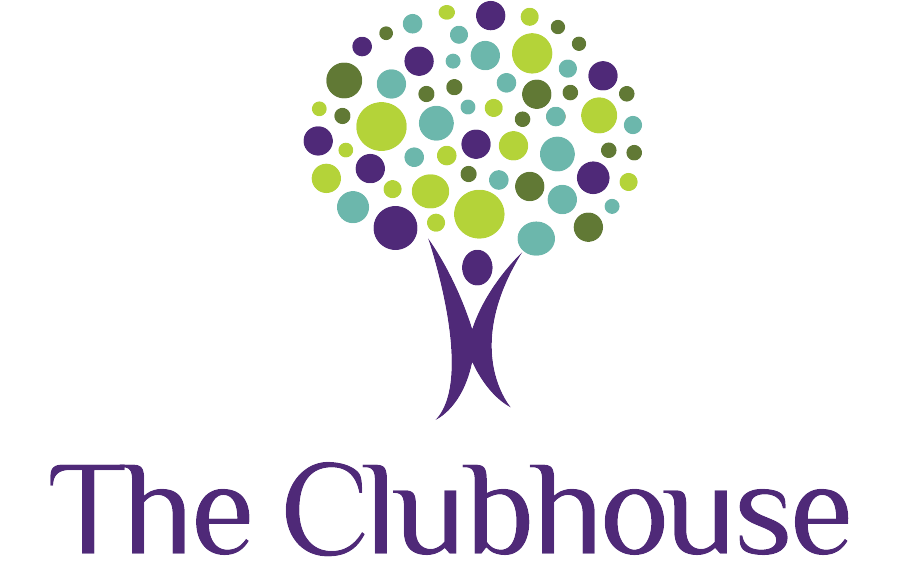To encourage language and cognitive development, you and your child can sequence the steps for making apple treats together. Apples are also perfect for increasing vocabulary. They are crunchy, shiny, juicy, sweet, and come in many colors. Apples and other foods are a great way to practice and learn for children across any stage of development at any age.
Fall is the time for picking apples, making apple pies, and talking about apples! Apples are great for making healthy snacks.
For children with apraxia, apples lend themselves to multisyllabic word practice. You can practice pronouncing Jonathan apples, McIntosh apples, or Honeycrisp apples, just to name a few.
Below are more fun apple names for reference:
- Admiral Apples
- Ambrosia Apples
- Bismarck Apples
- Braeburn Apples
- Cortland Apples
- Enterprise Apples
- Goldspur Apples
- Pinova Apples
- Roxbury Russet Apples
- Summerfree Apples
To keep the apple theme going, I suggest reading Apple Farmer Annie by Monica Wellington to you toddler. This story tells about a farmer who picks, bakes, and sells her apples. The story sequence is wonderful! We recommend this book as a wonderful introduction to sequencing. For the preschooler, try reading Apple Trouble! By Ragnhild Scamell. This book encourages your young one to make predictions and solve problems.
Crunch!
Speech/language therapy focuses on listening skills, language comprehension, verbal expression, speech production, phonological awareness, auditory processing and the very important social use of language. Many of our Speech/Language Pathologists are also specially trained in feeding disorders. Our staff consists of Speech/Language Pathologist with Masters Degrees and all therapists have or are completing their Clinical Fellowship year in order to obtain the national gold standard – the Certificate of Clinical Competence (CCC). The company is owned and founded by a Speech/Language Pathologist with over 35 years of experience.
by Natalie Lay, M.A., CCC-SLP
